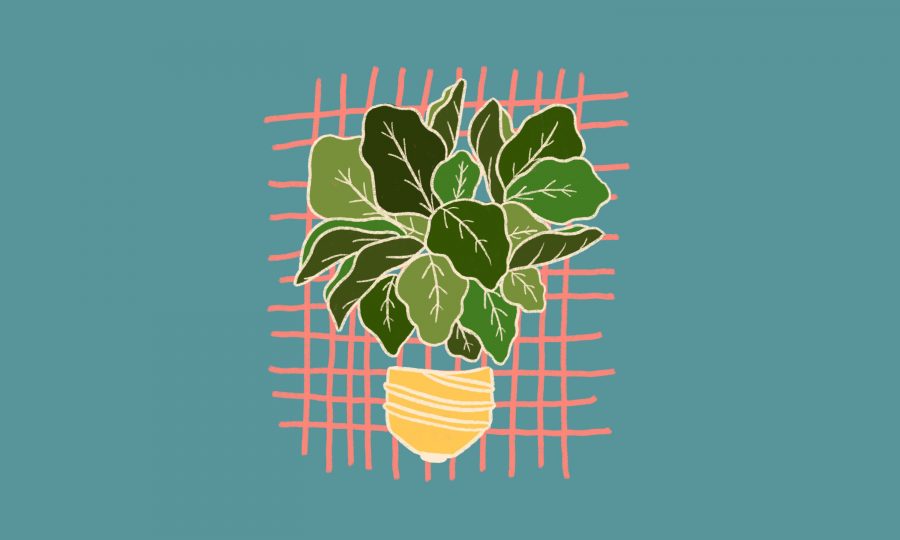I learned about the zero waste movement from the recommended section of YouTube. As vlogs about zero waste and minimalism popped up, my entire philosophy on life changed.
Before this, I considered myself pro-Earth. I would look in disdain at news about landfills full to the brim with garbage and oceans polluted with plastic, but at the end of the day I excluded criticism from my own consumption habits and the trash I invited into my life. Similar to the majority of students, I overindulged in convenience and generated needless waste — and lots of it. The online shopping, the Chick-fil-A, the Halcyon coffee — it all contributed to a sizable trash pile.
Then came zero waste. The first step I took toward zero waste was evaluating what I threw away and rethinking how I continued to eat out and enjoy things I didn’t want to give up. The transition to a sustainable lifestyle is accessible to anyone willing to make the change, whether you live off-campus or on-campus, are an underclassmen or an alumni or are affluent or working class.
If I want JuiceLand, I bring my own mason jar. If I want Chipotle, I bring my own jar and fork and compost the paper plate in a dining hall on campus. If I have leftovers, I bring a Pyrex container to take them home with me. A cloth kitchen towel has found a permanent home in my backpack to use as a napkin and double as a towel to dry my hands in the bathroom. The only thing I couldn’t find a zero waste swap for was fast food, so I just stopped buying it — something I should have done anyway.
For bathroom products, I had to get a little more creative. It was easy to find alternatives for bottled shampoo and body wash, I just bought loose bar soap from the Healthy Living section in H-E-B and a shampoo bar from Lush, but I had to experiment with DIY recipes for toothpaste and deodorant. The recipes were straightforward and cheap, and the ingredients were simple, mostly consisting of coconut oil, baking soda and an essential oil. Once I could make them without pulling up the recipe every time, it would take me less than five minutes to make them both. I got a bamboo toothbrush from Wheatsville instead of a plastic one, I use cloth pads instead of disposable ones and I make my own sea salt spray for my hair.
When it comes to groceries, the items I can’t measure out into a container at the bulk sections of either H-E-B or Wheatsville, like pasta and marinara sauce, I purchase in sustainable materials that can recycle like glass or can compost like paper or carton. For produce, I use cloth bags from Wheatsville or just grab them loose without a bag.
I make intentional purchases, always with sustainability in mind. I minimize the items I purchase to things I will value for a long time for their utility and durability. If I can find them secondhand, that’s perfect.
I made a complete lifestyle change, but your journey toward zero waste can take as long as you want it to. Simple swaps and conscious spending make a difference both physically and ideologically. They challenge careless consumerism and the capitalistic culture that has led us to habitat destruction and the depletion of natural resources.
As environmental degradation worsens, the zero waste movement will be less seen as a radical, leftist lifestyle and instead gain validity and social relevance. We must hold ourselves accountable for what we are willing to sacrifice for convenience.
We can and should do better for the environment. All it takes is a little social courage.
Badillo is a sociology and psychology junior from Guanajuato, Mexico.


















